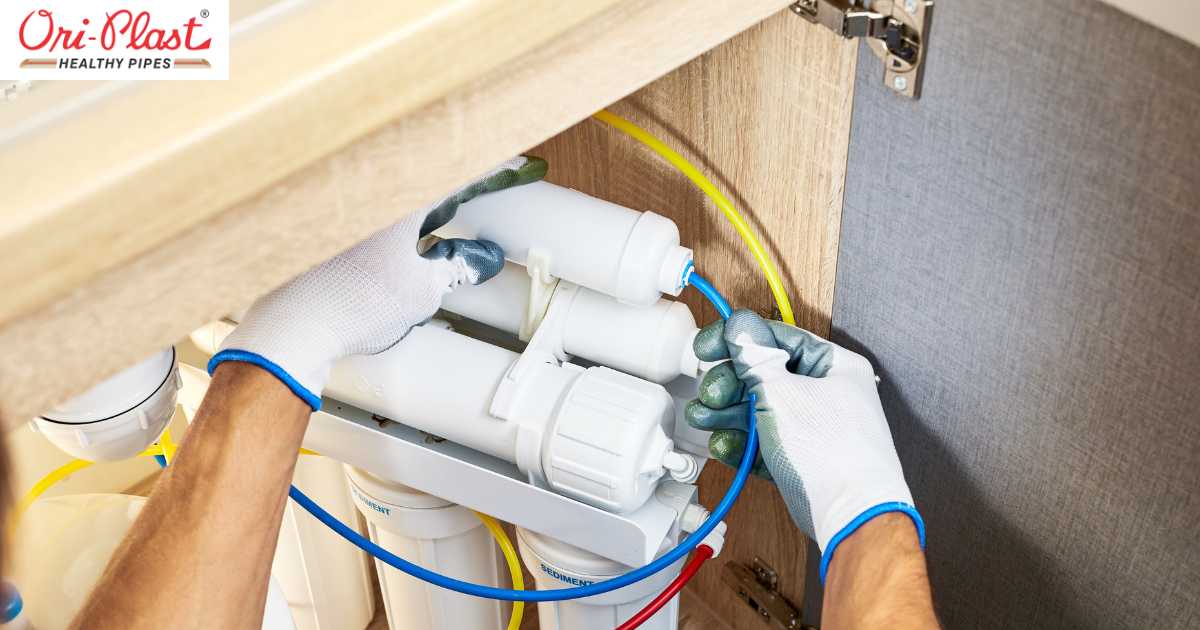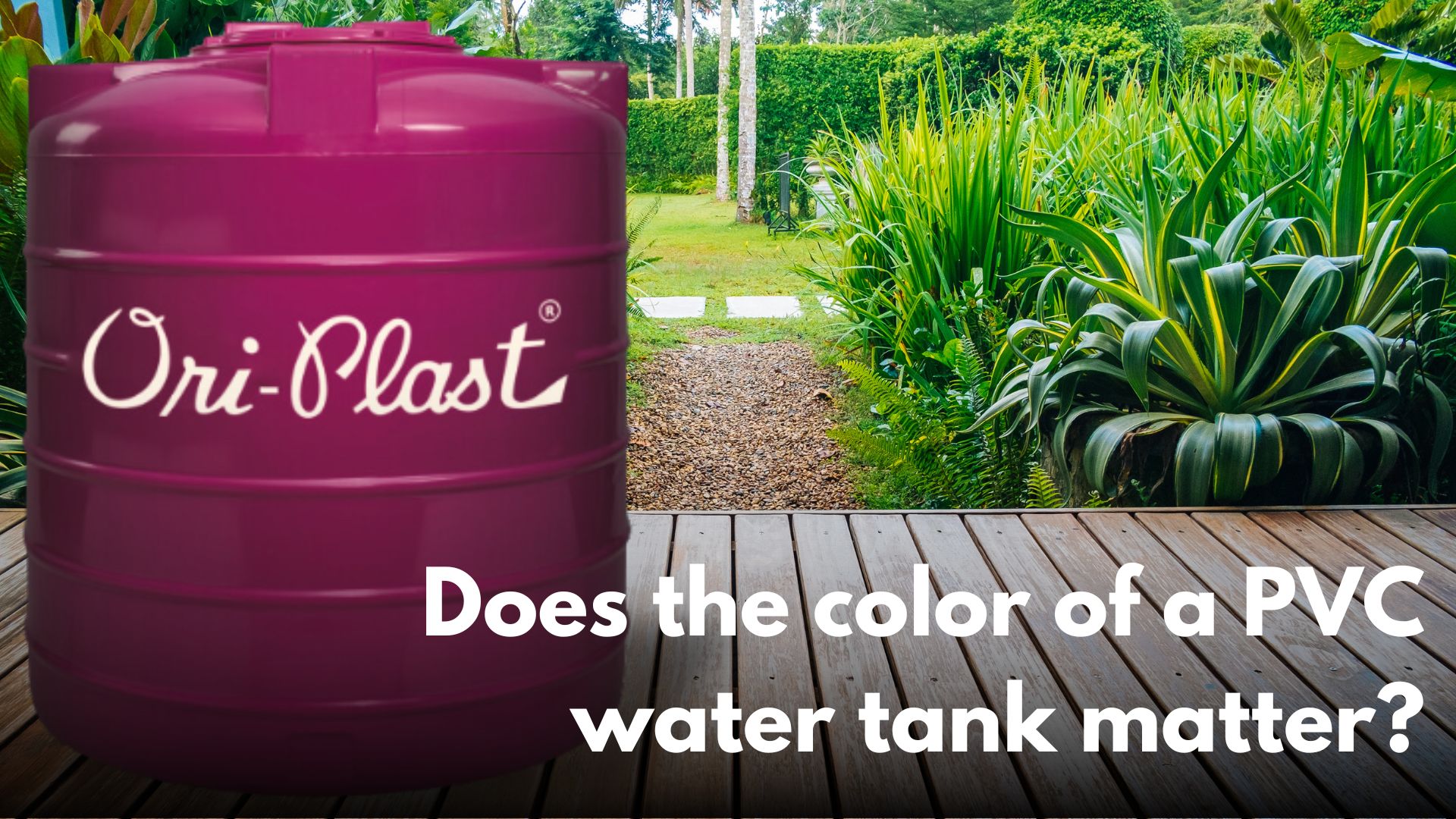Water is one of the most precious resources on Earth, and in a country like India, where water scarcity is a growing concern, it is essential to adopt sustainable practices that help conserve this invaluable resource. Creating a water-efficient home is not only beneficial for the environment but also for your wallet. In this article, we will explore various strategies and techniques to transform your home into a water-efficient haven, helping you contribute to water conservation efforts in India.
Install Low-Flow Fixtures
A great starting point for creating a water-efficient home is to replace traditional high-flow fixtures with low-flow alternatives. Low-flow toilets, faucets, and showerheads are readily available in the market and can significantly reduce water consumption. In India, where water is often in short supply, these fixtures can make a substantial difference by reducing your water usage without compromising on convenience.
Harvest Rainwater
Rainwater harvesting is a traditional method of collecting and storing rainwater for future use. By installing a rainwater harvesting system, you can utilize this natural resource to meet various household needs. This includes watering your garden, flushing toilets, and even for minor cleaning tasks. Rainwater harvesting systems can be adapted to fit the specific needs of your home and can significantly reduce your reliance on groundwater and municipal water supplies.
Fix Leaks
Leaky faucets, pipes, and toilets are not only annoying but also contribute to a significant water wastage problem. Regularly inspect and fix leaks in your home to save precious water and reduce your water bill. Leaks are often easy to repair, and addressing them promptly can make a noticeable difference in your overall water consumption.
Opt for Water-Efficient Appliances
When it comes to creating a water-efficient home, your choice of appliances plays a crucial role. Look for appliances with high Energy Star ratings or Bureau of Energy Efficiency (BEE) ratings in India. These appliances are designed to be more water-efficient, such as washing machines and dishwashers. While they may have a slightly higher upfront cost, they will save you money in the long run by reducing water and energy consumption.
Design a Xeriscape Garden
In many Indian homes, a significant portion of water is used for gardening. To make your garden water-efficient, consider xeriscaping, which is a landscaping technique that reduces or eliminates the need for irrigation. Use native and drought-resistant plants, mulch, and efficient irrigation systems to minimize water usage while maintaining a beautiful garden. This not only saves water but also reduces the maintenance required.
Implement Greywater Recycling
Greywater refers to the relatively clean wastewater from sinks, showers, and laundry machines. Rather than letting this water go to waste, you can recycle it for various non-potable purposes, such as flushing toilets, watering plants, or cleaning. Greywater recycling systems are available, and installing one can significantly reduce your water consumption.
Practice Smart Water Usage
One of the simplest yet most effective ways to create a water-efficient home is to adopt water-saving habits. Encourage your family members to turn off the tap while brushing their teeth, fix dripping faucets, and run dishwashers and washing machines with full loads. Small, conscious efforts collectively lead to substantial water savings.
Insulate Hot Water Pipes
Properly insulating your hot water pipes can reduce heat loss and minimize the time it takes for hot water to reach your faucets, showers, and appliances. This, in turn, reduces the amount of water wasted while waiting for hot water to flow, as well as the energy used to heat it.
Educate Your Family
Creating a water-efficient home is not a one-person task. Involve your family in the conservation efforts and educate them about the importance of water conservation. Children can learn valuable lessons about the environment and sustainable living by understanding the significance of water and adopting water-saving habits.
In a water-scarce country like India, creating a water-efficient home is not just a choice; it's a necessity. By adopting the strategies and techniques outlined in this article, you can play a significant role in conserving water resources and reducing your water bills. Building a water-efficient home is not only an environmentally responsible choice, but it also makes financial sense in the long run. So, let's all do our part to safeguard this precious resource and ensure a sustainable future for India.




